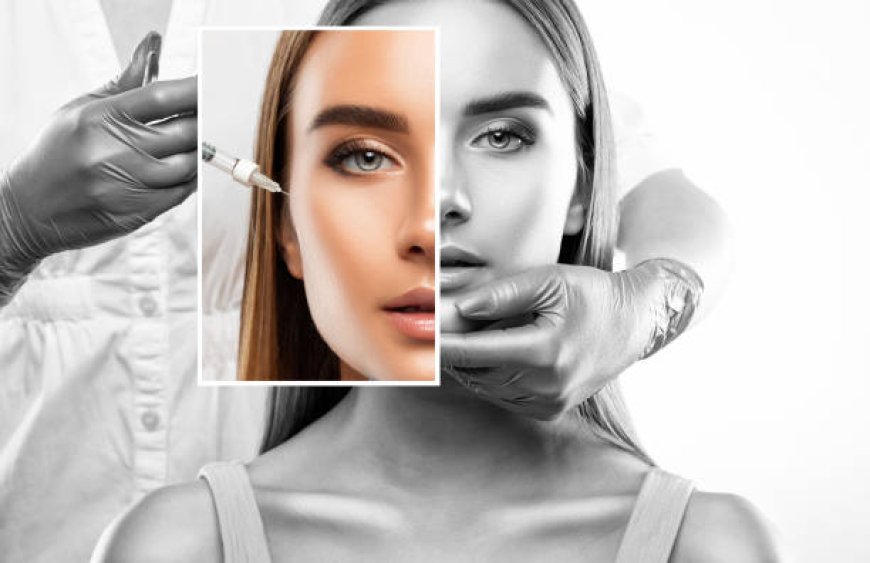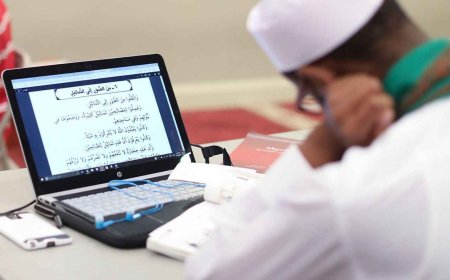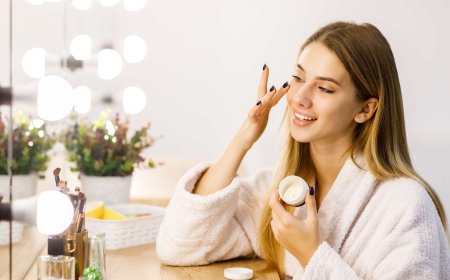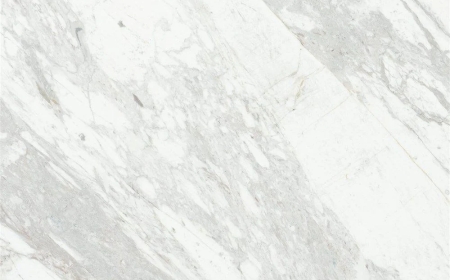Botox Injections FAQs: Answers to Your Most Common Questions

Botox injections have become one of the most sought-after cosmetic treatments worldwide, known for their ability to reduce wrinkles and rejuvenate the skin with minimal downtime. Whether you are considering Botox for the first time or looking to deepen your understanding of this popular procedure, its natural to have many questions. This blog aims to provide clear, comprehensive answers to the most frequently asked questions about Botox, helping you make informed decisions about your skincare journey.
If you are exploring options in the region, consulting theBest Dermatologist in Riyadh(??? ???????? ?? ??????)for Botox injections ensures expert care and personalized treatment plans tailored to your unique needs.
What Are Botox Injections and How Do They Work?
Understanding Botox and Its Mechanism
Botox is a purified form of botulinum toxin type A, a neurotoxin that temporarily relaxes muscles by blocking nerve signals responsible for muscle contraction. When injected into specific facial muscles, Botox reduces their activity, smoothing out dynamic wrinkles caused by repetitive facial expressions such as frowning, squinting, or smiling.
This relaxation effect softens existing wrinkles and prevents new ones from forming, resulting in a more youthful and refreshed appearance. The effects typically become noticeable within a few days and reach full results in about two weeks.
What Are the Common Uses of Botox Injections?
Cosmetic Applications
Botox injections are primarily used to address signs of aging by targeting:
-
Forehead lines
-
Frown lines between the eyebrows (often called 11s)
-
Crows feet around the eyes
-
Bunny lines on the nose
-
Lip lines and smokers lines
-
Chin dimpling
-
Jawline slimming by relaxing the masseter muscles
Therapeutic Uses
Beyond cosmetic benefits, Botox is also approved for treating various medical conditions such as:
-
Chronic migraines
-
Excessive sweating (hyperhidrosis)
-
Muscle spasms and stiffness
-
Temporomandibular joint (TMJ) disorders
-
Overactive bladder
This versatility makes Botox a valuable treatment option for both aesthetic and health-related concerns.
What to Expect During a Botox Injection Session?
The Consultation and Assessment
A consultation with a qualified professional, like theBest Dermatologist in Riyadh, is essential to discuss your goals, medical history, and any concerns. The specialist will assess your facial anatomy and identify the muscles responsible for wrinkles to develop a customized treatment plan.
The Procedure
Botox injections involve using a very fine needle to deliver small amounts of the toxin into targeted muscles. The procedure is quick, typically lasting 10 to 30 minutes, and requires no anesthesia. Most patients describe the sensation as a slight pinch or mild discomfort.
Post-Treatment Experience
You can usually resume normal activities immediately after treatment. Some mild redness, swelling, or bruising at injection sites may occur but generally resolves quickly.
How Long Do Botox Results Last?
The effects of Botox injections generally last between three to four months. Over time, muscle activity gradually returns, and wrinkles may reappear. Regular maintenance treatments are recommended to sustain the desired look.
Interestingly, with repeated sessions, some patients notice that the intervals between treatments can lengthen as muscles adapt to reduced activity.
Are Botox Injections Safe?
Safety Profile and Side Effects
When administered by a licensed and experienced professional, Botox injections are considered safe and effective. Common side effects are usually mild and temporary, including:
-
Slight bruising or swelling at injection sites
-
Headache or flu-like symptoms
-
Temporary drooping of nearby muscles (rare)
Serious complications are very rare and can be minimized by following pre- and post-treatment instructions carefully.
Who Should Avoid Botox?
Botox is not recommended for pregnant or breastfeeding women, individuals with certain neuromuscular disorders, or those allergic to any ingredients in the formulation.
How to Prepare for Botox Injections?
Pre-Treatment Guidelines
To ensure optimal results and minimize risks, consider these tips before your Botox session:
-
Avoid blood-thinning medications and supplements such as aspirin or ibuprofen for several days prior (unless medically necessary).
-
Refrain from alcohol consumption before treatment.
-
Inform your provider about any medical conditions or medications you are taking.
-
Arrive with a clean face, free of makeup or lotions.
Aftercare Tips for Botox Injections
Maximizing Results and Minimizing Side Effects
Post-treatment care is straightforward but important:
-
Avoid rubbing or massaging the treated areas for at least 24 hours.
-
Stay upright and avoid strenuous exercise for the rest of the day.
-
Avoid exposure to heat sources like saunas or sunbathing shortly after treatment.
-
Follow any specific instructions provided by your dermatologist.
Why Choose the Best Dermatologist in Riyadh for Botox Injections?
Selecting theBest Dermatologist in Riyadhensures you receive treatments performed by skilled professionals who understand facial anatomy and aesthetic balance. Their expertise reduces the risk of complications and enhances natural-looking results tailored to your individual features and goals.
Frequently Asked Questions
How soon will I see results after Botox injections?
Most patients begin to notice improvements within 3 to 5 days, with full effects visible around two weeks post-treatment.
Does Botox injection hurt?
The procedure involves minimal discomfort, often described as a slight pinch. Topical numbing agents can be applied if needed.
Can Botox prevent new wrinkles from forming?
Yes, by relaxing facial muscles, Botox reduces repetitive movements that cause wrinkles, helping to prevent new lines.
How often should I get Botox injections?
Typically, treatments are repeated every 3 to 4 months. Your dermatologist will recommend a schedule based on your response and goals.
Are there any activities I should avoid after Botox?
Its best to avoid rubbing the treated area, strenuous exercise, and heat exposure for at least 24 hours to prevent complications.

































